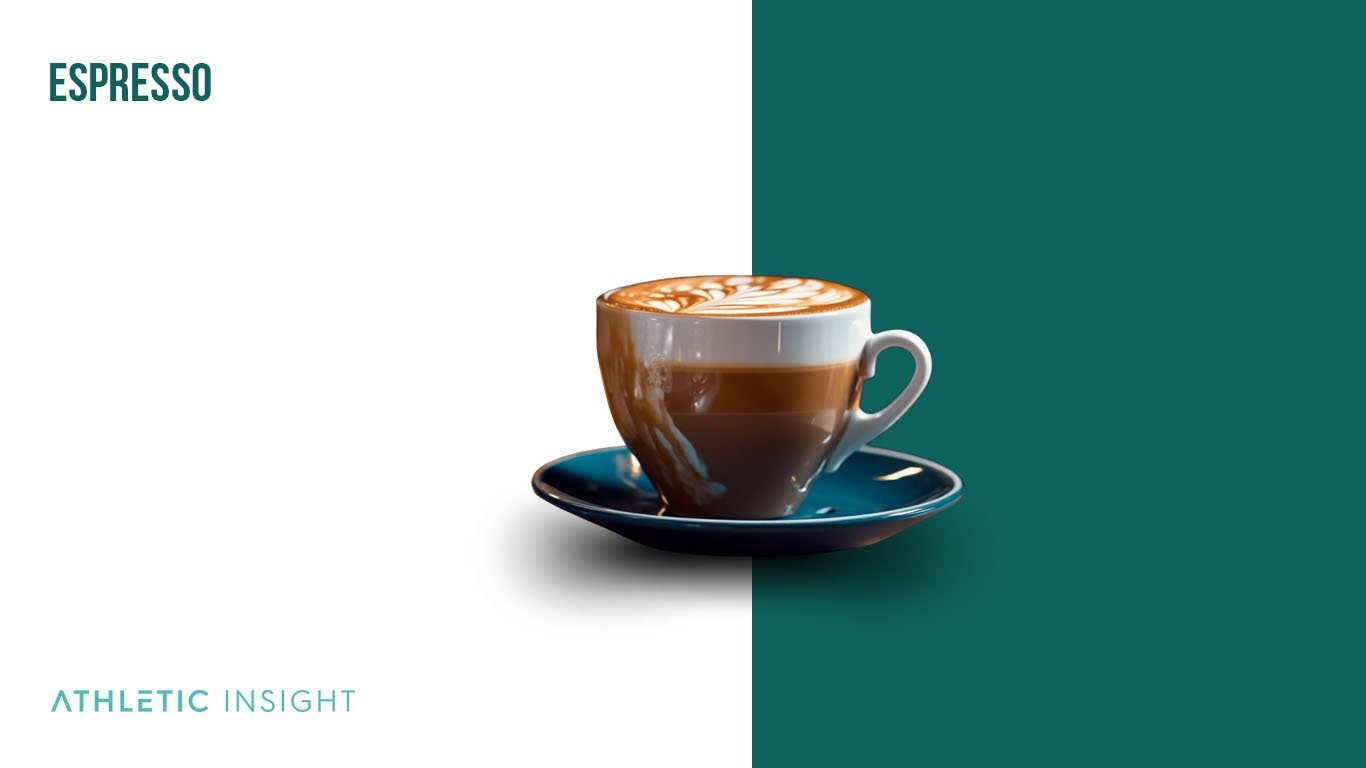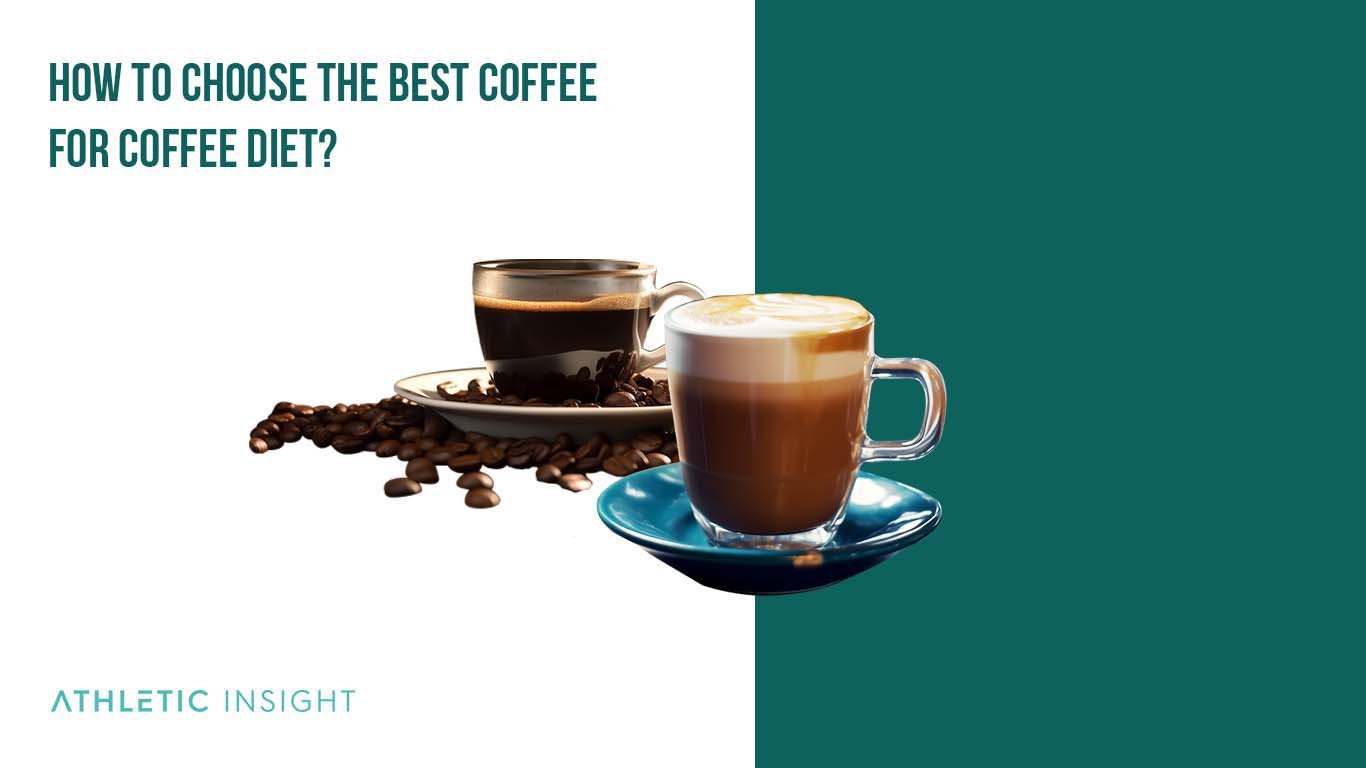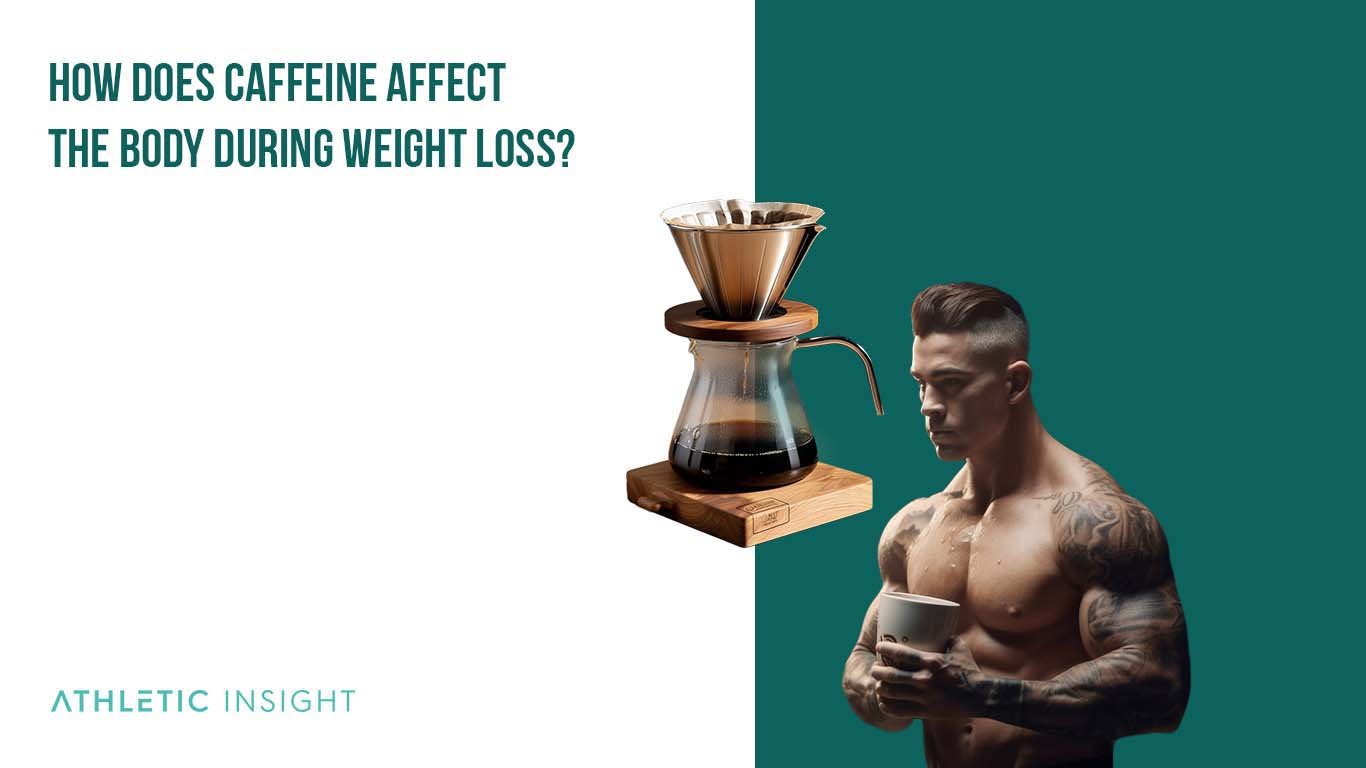The value of coffee in dietary plans is a subject of significant interest, particularly in the context of weight loss. Research indicates that coffee, rich in bioactive compounds, can potentially support weight loss efforts. Key attributes, such as thermogenic properties and caffeine content, contribute to this effect by enhancing metabolism and suppressing appetite, respectively. However, the effectiveness varies across different types of coffee.
In the pursuit of optimal weight loss outcomes, the selection of the ‘best coffee for weight loss’ is crucial. Certain coffee blends, enriched with superfoods and natural extracts, amplify the inherent weight loss-supporting properties of coffee. These blends also prioritize taste, ensuring a pleasant consumption experience while supporting dietary goals.
The introduction of a ‘coffee diet plan’ represents a strategic approach to leveraging coffee’s potential weight loss benefits. Such plans often recommend specific timings, quantities, and types of coffee, tailored to individual preferences and tolerances. The following discussion will examine seven varieties of coffee, each claiming to be the ‘best weight loss coffee’, and assess their unique characteristics and potential roles in weight loss strategies.
1. Espresso
Espresso is a concentrated coffee beverage made by forcing hot water through finely-ground coffee beans. This potent drink boasts minimal calories, making it an ideal choice for those following a calorie-controlled diet.

To maximize the weight loss benefits of espresso, consume it without sugar or high-calorie additives. Some prefer a simple shot of espresso, while others enjoy it as the base for beverages such as cappuccinos or lattes made with low-fat milk or dairy alternatives.
2. Americano
An Americano is a coffee drink consisting of a shot of espresso diluted with hot water. This combination results in a beverage with a similar strength and taste to drip coffee, but with fewer calories.
Americanos are suitable for weight loss diets due to their low calorie content and versatility. Enjoy this beverage black, or add a splash of low-fat milk and a zero-calorie sweetener for a guilt-free treat.
3. Cold Brew
Cold brew is a coffee preparation method that involves steeping coarsely ground coffee beans in cold water for an extended period, typically 12-24 hours. This process results in a smooth, less acidic beverage with a naturally sweet taste, which may reduce the need for added sugars or sweeteners.
Cold brew is an excellent option for dieters, as it provides the energizing benefits of coffee without the excess calories from added sugars or creamers. Cold brew is also one of the few types of coffee extraction methods that can be used for older and lower quality coffees as it provides a robust taste that will hide subtle nuances of a cheaper roast.
4. Black Coffee
Black coffee is simply coffee without the addition of milk, cream, or sugar. As it contains virtually no calories, black coffee is an ideal beverage for those aiming to lose weight.
Consuming black coffee can provide the energy boost and appetite suppression needed to power through your day and resist cravings. To reap the full benefits of black coffee, opt for high-quality beans and experiment with different brewing methods to find a taste that suits your palate.
5. Green Coffee
Green coffee refers to coffee beans that have not been roasted, which are believed to retain higher levels of chlorogenic acid, a compound purported to aid in weight loss. Green coffee extract can be consumed as a supplement or brewed like traditional coffee.
Some studies suggest that green coffee may help with weight management by reducing carbohydrate absorption and promoting fat burning. However, further research is needed to confirm these effects. Also, some green coffee contains mold and insects which poses a risk to the consumer.
6. Decaffeinated Coffee
Decaffeinated coffee is regular coffee with most of its caffeine content removed through a decaffeination process. Decaf coffee can be a suitable option for those who wish to enjoy the taste and warmth of coffee without the stimulating effects of caffeine.
While decaf coffee may lack some of the metabolism-boosting properties of regular coffee (caffeine), it can still be an enjoyable, low-calorie addition to a weight loss diet.
7. Mocha with Dark Chocolate
A mocha is a coffee beverage made with espresso, steamed milk, and chocolate syrup. To make a diet-friendly mocha, opt for dark chocolate with a high cocoa content, which is lower in sugar and packed with antioxidants.
This indulgent treat can satisfy your sweet tooth while still providing the benefits of coffee, making it a perfect choice for those seeking a balance between flavor and weight loss goals. Remember to use low-fat milk or a dairy alternative and limit portion sizes to keep calorie counts in check.
How to choose the Best Coffee for Coffee Diet?
To select the ideal coffee for your diet, consider factors such as calorie content, taste, and preparation methods. When considering a coffee diet, opt for low-calorie options like black coffee, espresso, or Americano, and avoid high-calorie additives like sugar and cream. Experiment with different coffee bean varieties and brewing techniques to find a beverage that satisfies your taste buds while aligning with your weight loss objectives.

How does Caffeine affect the body during weight loss?
Caffeine is a natural stimulant found in coffee that has been shown to boost metabolism and increase fat oxidation, potentially aiding in weight loss. Caffeine may also enhance athletic performance, which could lead to more effective workouts and increased calorie expenditure. However, it’s essential to consume caffeine in moderation, as excessive intake can lead to unwanted side effects such as increased heart rate, jitteriness, or sleep disturbances.

How much Coffee is best for weight loss?
There is no one-size-fits-all answer to this question, as individual tolerance and preferences can vary. However, consuming 2-3 cups of coffee per day is generally considered safe and effective for weight loss for most individuals. It is crucial to monitor your caffeine intake and listen to your body to determine the optimal amount for you.
Can coffee with Artificial Sweeteners help diets effectively?
While coffee with artificial sweeteners can reduce calorie intake compared to sugary alternatives, some studies suggest that these sweeteners may increase cravings for sweet foods or disrupt the balance of gut bacteria. Therefore, it’s best to consume artificially sweetened coffee in moderation and focus on a well-balanced diet and regular exercise for optimal weight loss results.
Are there any benefits to drinking Coffee before a workout for weight loss?
Yes, consuming coffee before a workout may enhance exercise performance, increase fat oxidation, and reduce perceived exertion, making workouts more effective and enjoyable. However, it is essential to determine your individual caffeine tolerance and avoid consuming excessive amounts that could lead to adverse effects.
Can drinking too much Coffee ruin a diet?
Yes, excessive coffee consumption can potentially hinder weight loss efforts. Overconsumption of coffee, especially when laden with high-calorie additives, can contribute to increased calorie intake and negate the benefits of coffee’s metabolism-boosting properties. Additionally, excessive caffeine intake can cause sleep disturbances, which may negatively impact weight management. Moderation is key to harnessing the benefits of coffee for your diet plan.



